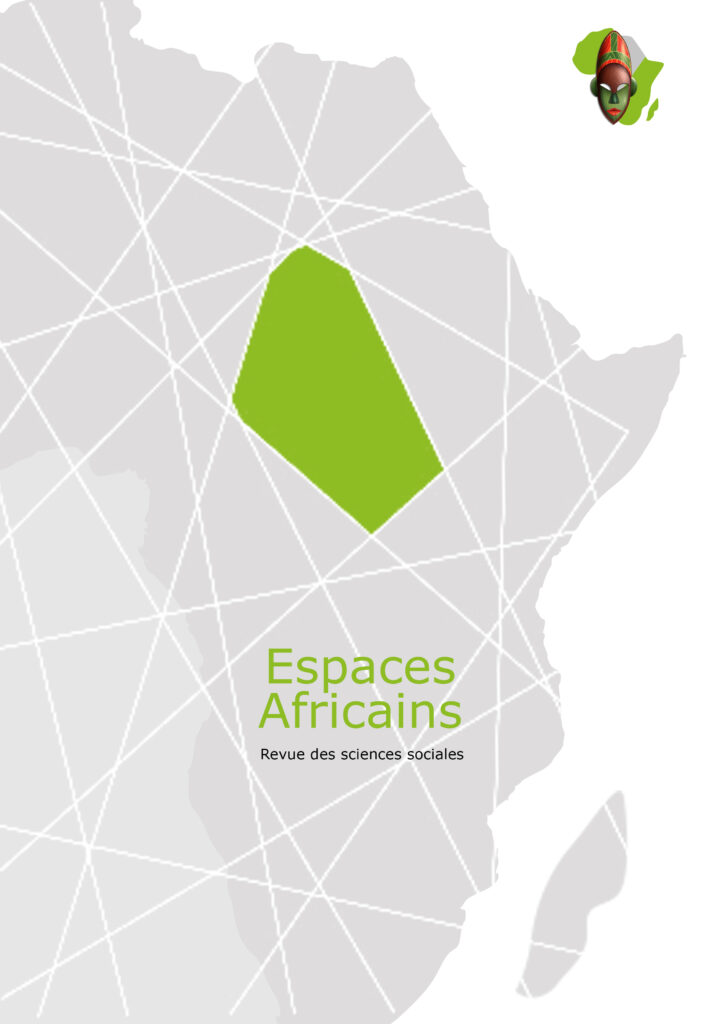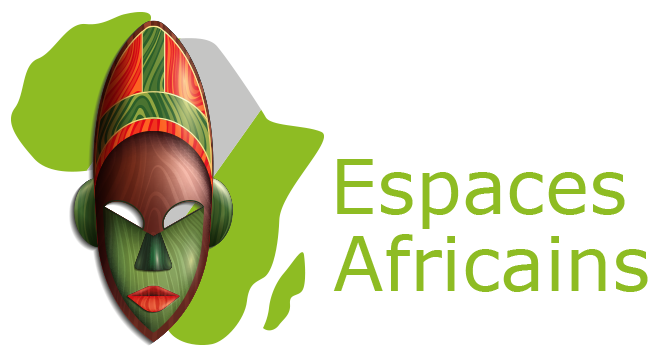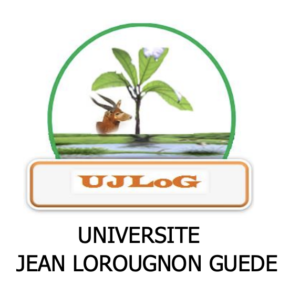Revue Espaces Africains - Groupe de recherche pluridisciplinaire et international « Populations, Sociétés & Territoires » (PoSTer)
« L’industrie » de la matérialité dans les pentecôtismes au Cameroun
Résumé
Au lendemain des indépendances des pays africains, on assiste à une irruption sur la scène publique religieuse africaine d’une pluralité d’Églises prophétiques, syncrétiques et messianiques dans lesquelles on peut observer une pratique du ministère de la vision et de la prophétie, et dont la lutte contre la sorcellerie et les forces du mal constituent le principal fonds de commerce. Le marché de la guérison divine a suscité implicitement la mise sur pieds d’une « industrie » qui prend désormais de nouvelles figures chrétiennes. Néanmoins, le phénomène s’accompagne d’incidences considérables sur les plans économique, socioculturel, religieux et psycho-comportemental. Le culte des objets matériels s’impose comme une donnée structurelle et gagne du terrain face à la Christologie[1], initialement considérée comme essence et fondement du christianism
Mots-clés : Cameroun, industrie, matérialisme, église africaine, exorcisme, africanité.
Abstract
In the aftermath of the independence of African countries, we are witnessing an irruption on the African religious public scene of a plurality of prophetic, syncretic and messianic churches in which we can observe a practice of the ministry of vision and prophecy, and whose the fight against witchcraft and the forces of evil constitute the main business. The market for divine healing has implicitly given rise to the establishment of an “industry” which now takes on new Christian figures. Nevertheless, the phenomenon is accompanied by considerable economic, socio-cultural, religious and psycho-behavioral consequences. The cult of material objects imposes itself as a structural given and gains ground against Christology, initially considered as the essence and foundation of Christianity.
Keywords : Cameroon, industry, materialism, african church, exorcism, africanity.
Auteur
Jeannette Sylvie PILO ATTA
Ph.D, Historienne des Religions
Faculté des Arts, Lettres et Sciences Humaines
Département d’Histoire – Université de Ngaoundéré (Cameroun)
Mots-clés


